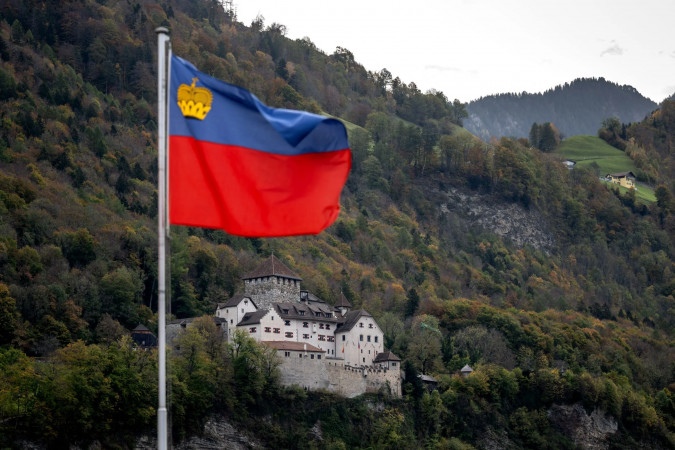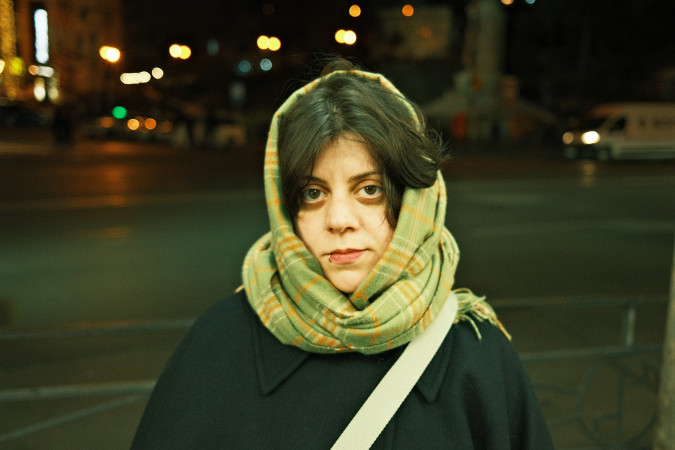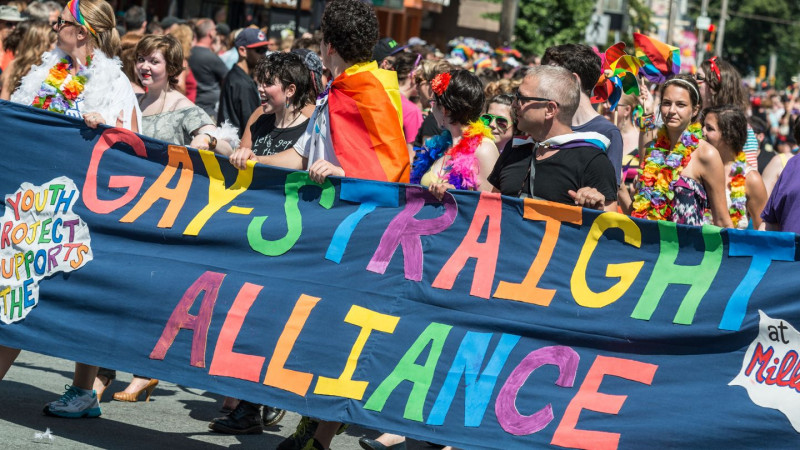The European Court ignores LGBTQI+ rights violations
On Thursday, April 11, the European Court of Human Rights (ECtHR) adopted a decision on various applications filed against Azerbaijan, addressing issues related to the rights of the LGBTQI+ community
13/Apr/24
7206
The European Court ignores LGBTQI+ rights violations in Azerbaijan
On Thursday, April 11th, the European Court of Human Rights (ECHR) ruled on various applications against Azerbaijan concerning LGBTQI+ rights issues. The applications stemmed from incidents where members of the LGBTQI+ community were arrested by Azerbaijani police on various pretexts in September 2017. They were later convicted under Article 535.1 of the Administrative Code for administrative offences. The applicants reported instances of poor treatment by law enforcement agencies, poor detention conditions, unlawful detention, violations of fair trial guarantees, compulsory medical examinations, lack of effective domestic legal remedies, and complaints of discrimination based on sexual orientation and gender identity.
On August 7, 2019, the Azerbaijani government submitted a unilateral declaration admitting to the violation of the applicants' rights and proposing compensation. However, the applicants expressed dissatisfaction, citing inadequacy of acknowledgment and proposed compensation.
The Court reviewed preliminary issues related to some of the applications, particularly Application No. 1. Based on Decision No. 17201/18, the Court decided that close relatives did not have the authority to continue the case, leading to its removal from the list of pending cases. Additionally, applications where contact with the applicants was lost were also struck from the list.
After examining the Government's declaration and considering the nature of the human rights violation and the proposed compensation, the Court concluded that the discontinuation of the examination of the applications was unwarranted. The remaining 19 applications were also removed from the list.
The Court emphasised that the Government's failure to comply with the terms of the unilateral declaration could jeopardise the applicants' redress.
One of the victims, Leyla Osmanova said: “The world saw it, the world knew about it. We were tortured, literally. Even a million dollars cannot cover the cost of psychological trauma, as I continue to live in fear. Although I am in a safe place now, that psychological trauma ruined my life. The court process took a long time, the decision is just a mere decision, the compensation is ridiculous.” She also added: “This event made me long for my native country. I have lost faith not in the country, but in the police and laws there.”
Bayram Bayram, a legal expert on LGBTQI+ rights, shared their concerns about the ECHR's decision on their Twitter account. They criticised the Court for not recognising the gross violations of human rights and highlighted the recurring issues with the ECHR's handling of cases related to Azerbaijan.
Minority Azerbaijan criticised the decision, pointing out several aspects:
The proposed compensation is inadequate and insufficient compared to the harm suffered.
The Government's acknowledgment lacks specificity regarding the nature and extent of the violations.
The decision does not highlight measures to prevent future violations.
There are no necessary provisions for holding perpetrators accountable.
ILGA-Europe's Annual Review, based on its Rainbow Map published annually, indicates that Azerbaijan is the worst country in Europe for LGBTQI+ rights. LGBTQI+ citizens cannot enjoy fundamental rights such as education, health, and housing. Instead, they face discrimination and harassment based on their sexual and gender identity, even when seeking protection from law enforcement agencies. The report also notes ongoing hate crimes and police failure to protect vulnerable LGBTQI+ individuals, especially transgender citizens, amidst increasing socioeconomic challenges in Azerbaijan.
Powered by Froala Editor



